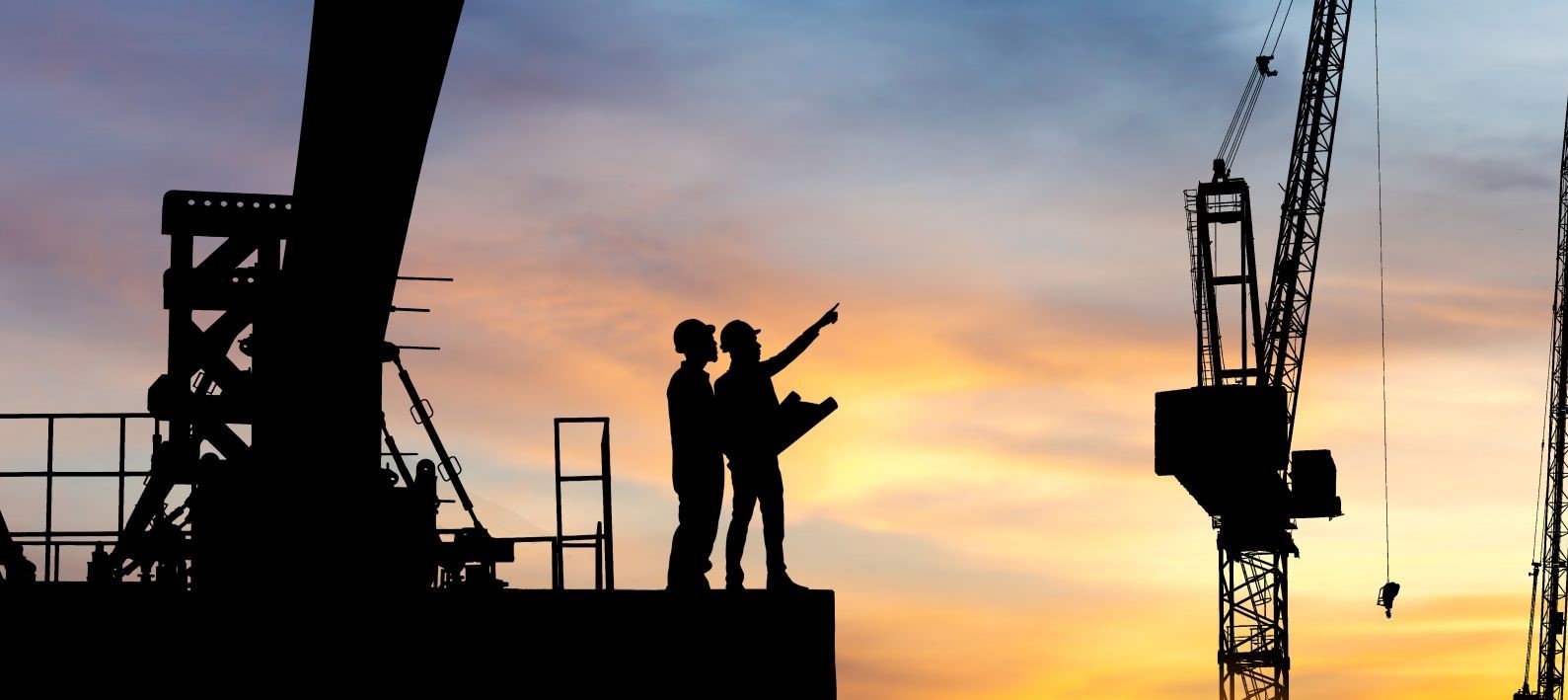Several factors are driving global interest in switching to electric construction equipment and vehicles. DLL’s asset finance experts offer advice on how companies can make this change, and what benefits it could bring to their business.
Electrification in construction – why now?
The UK government has set ambitious targets for reducing carbon emissions from all sectors of the economy, as part of its commitment to achieve net zero by 2050 and to meet the Sixth Carbon Budget. This means that the construction industry, which is a significant contributor to the UK’s total carbon emissions, must undergo a radical transformation to become more sustainable and efficient. One of the key areas of improvement is the electrification of construction equipment, which can significantly reduce the reliance on fossil fuels and the associated emissions.
Some UK cities have started to implement specific initiatives and projects that require that any equipment used within urban construction projects has reduced emissions, including London's 'Low Emission Zone' for Non-Road Mobile Machinery. Therefore, to win business, contractors need to do all they can to demonstrate that they are keeping emissions at necessary levels The choice of equipment is often the first place that these companies look to make that change.
Many organisations are also implementing green objectives, often with targets specifically related to direct and indirect emissions. Adopting electric fleets is one way these businesses want to achieve their environmental goals.
The advantages of electric equipment
Another driver for making the transition to electric equipment are the potential benefits they can bring to a site. Compared to IC equipment, electric machines often require less servicing and maintenance. This reduces the associated costs and helps support uptime on site.
An additional benefit of electric equipment is that reduced emissions at construction sites may support the health and safety of workers, as they don’t breathe any exhaust fumes.
Electric construction equipment is now reportedly tough enough to take on multi-shift construction operations, with the added benefit of simple battery charging or changing to keep fleets working. In the materials handling equipment sector, businesses may experience that, in the long term, running costs for electric equipment can be lower. It is possible that electric construction equipment may lead to similar benefits.
Making the switch
The shift to electric motive power has already taken place for many businesses in similar industries, such as materials handling, in recent years. Though widespread adoption is not yet in place in the construction sector, it is likely to be a case of ‘when’ not ‘if’ the move to electric equipment happens. Businesses should therefore consider their strategy now to be a first mover and ready for increasingly tighter regulations.
However, moving to an electric fleet is not without its challenges. For example, most electric equipment has a higher initial cost, making it harder to buy assets outright. This may make the transition seem unattainable.
Likewise, electric equipment will require new battery charging infrastructure. This also demands investment and will likely need reorganization of sites to install and accommodate charging areas.
This is an area still in its infancy, which also presents challenges. The rollout of electric construction equipment still has many unknowns and equipment technology will continue to develop. This can make it harder to get internal buy-in for the transition from stakeholders and equipment operators alike. It can also make it harder to secure loans or finance agreements to cover the investment from a bank.

